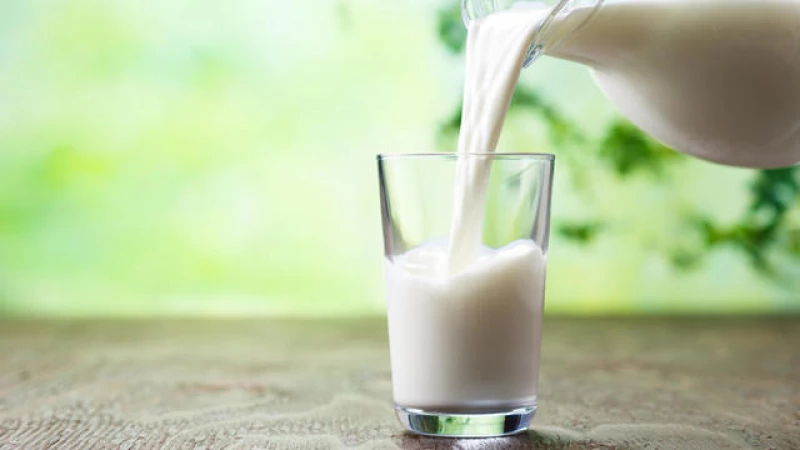Pasteurization has proven effective in eradicating bird flu from milk, as per tests conducted by the Food and Drug Administration. However, concerns arise regarding unpasteurized dairy products such as raw milk amidst the current avian influenza outbreak impacting a rising number of poultry and dairy cows.
Experts strongly recommend avoiding consumption of unpasteurized dairy products during this period of heightened risk. "Do not consume unpasteurized dairy products," cautioned Dr. Nidhi Kumar to CBS New York. "I know there are people that are real advocates for it, but this is not the time to do it."
The Centers for Disease Control and Prevention labels raw milk as "one of the riskiest foods."
"Raw milk is milk that has not been pasteurized to kill harmful bacteria," explains the health agency's website. "Raw milk can be contaminated with harmful germs that can make you very sick." The CDC warns that raw milk can lead to various foodborne illnesses, with symptoms including days of diarrhea, stomach cramping, and vomiting.
"It's not just about bird flu, it's about salmonella, E. coli (and more pathogens)," emphasizes Donal Bisanzio, senior epidemiologist at nonprofit research institute RTI International. "A lot of people they think the pasteurization can reduce, for example, the quality of the milk, but no one really has shown something like that. ... You can have all the nutrients from the (pasteurized) milk."
Bisanzio reveals that only about 1% of people in the U.S. drink raw milk.
It is not yet known if the bird flu virus can pass through raw milk to humans, Bisanzio says — but if it can, he expects symptoms to be similar to other modes of contraction.
"(If) the amount of virus in the raw milk is enough to infect a human being, you're going to expect the same kind of symptoms — flu-like symptoms like fever, nausea — that you can find in people that are affected by an infection through other different routes."
The FDA's findings for pasteurized milk come after the agency disclosed that around 1 in 5 samples of retail milk it had surveyed from around the country had tested positive for highly pathogenic avian influenza, or HPAI H5N1. The additional testing detected no live, infectious virus, reaffirming the FDA's assessment that the "commercial milk supply is safe," the agency said in a statement.







